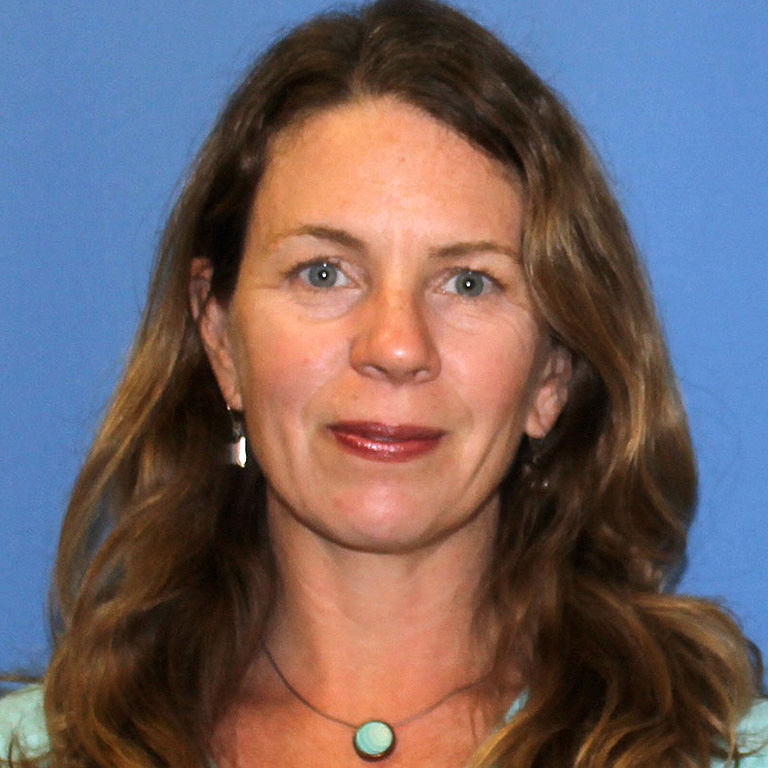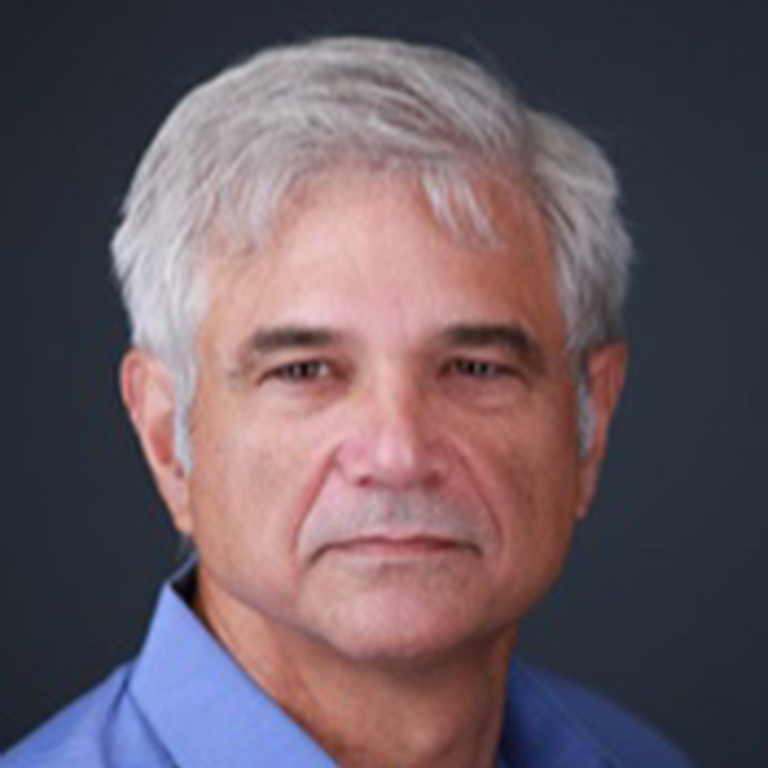This fall, Indiana University’s Prepared for Environmental Change Grand Challenge welcomed its eleventh sponsored faculty member, adding to the expertise of more than 100 faculty, postdocs, and students affiliated with the Environmental Resilience Institute.
Sara Gregg, an associate professor of history in the IU College of Arts and Sciences’ Department of History, brings an environmental lens to US history, with a research focus on agricultural and land policy. She earned her Ph.D. from Columbia University and her B.A. from Middlebury College. Previously, Gregg taught for nearly eleven years at the University of Kansas and also served as an associate professor of history at Iowa State University.
“What has really transformed my teaching and scholarship in the last decade is an increasing realization of just how significant the types of stories we tell about history are for understanding current events,” Gregg said. “My teaching has been focused on connecting students through historical understandings to contemporary events and changes.”
In her new role at IU, Gregg is adopting a forward-looking approach to historical scholarship that aims to elevate discussions about resilience for communities across the Midwest. She is also contributing to IU’s environmental history and humanities programs by teaching courses such as Law in America to undergraduate students.
“While I don’t pretend to prognosticate about future events, by giving students and colleagues a sense of the ways in which historical events were just as contingent as we’re experiencing today, we have an opportunity to reflect on the range of options we have moving forward,” Gregg said.


Gregg’s spouse, Byron Santangelo, also joins the College of Arts and Sciences as a professor of English. Santangelo received his Ph.D. from the University of California-Irvine and his B.A. from Claremont McKenna College. His research focuses on African environmental literature and writer activists, as well as, more recently, on creative nonfiction and climate change.
“I think of myself as someone who moves across borders in scholarship and teaching,” said Santangelo. “To be in environmental studies means you’re typically working across interdisciplinary boundaries, and when you’re thinking about climate change, it’s important to remember that it is as much a cultural and social phenomenon as it is one that we would associate with science.”
Santangelo said he has aimed to center the stories of African environmentalists to reform the ways in which we speak about our changing climate and move to ameliorate its impacts.
“Histories of injustice have been significant for understanding climate change,” Santangelo said. “For example, many of the same forces that gave rise to climate change are tied to colonial histories of extraction and exploitation .”
As the pair grow into their roles on the Bloomington campus, Gregg said her commitment to the environment is what drives her work.
“Landscape is really important to me. I sense it. I pay attention to it,” Gregg said. “I try to use my work and teaching to help my colleagues, readers, and students think about the things they take for granted and how those areas present opportunities for doing better as well as opportunities for understanding their options for building a more resilient future.”
About the Environmental Resilience Institute
Indiana University's Environmental Resilience Institute brings together a coalition of university scholars and leaders in government, business, and the nonprofit and community sectors to help Indiana better prepare for the challenges that environmental changes bring to Hoosiers' economy, health, and livelihood.


